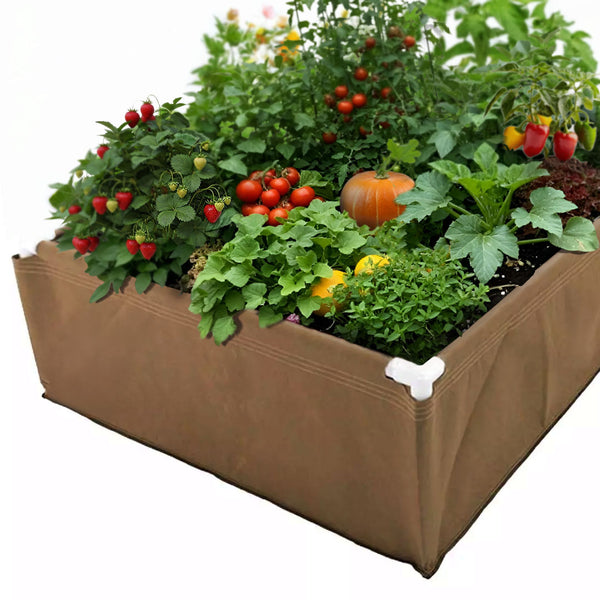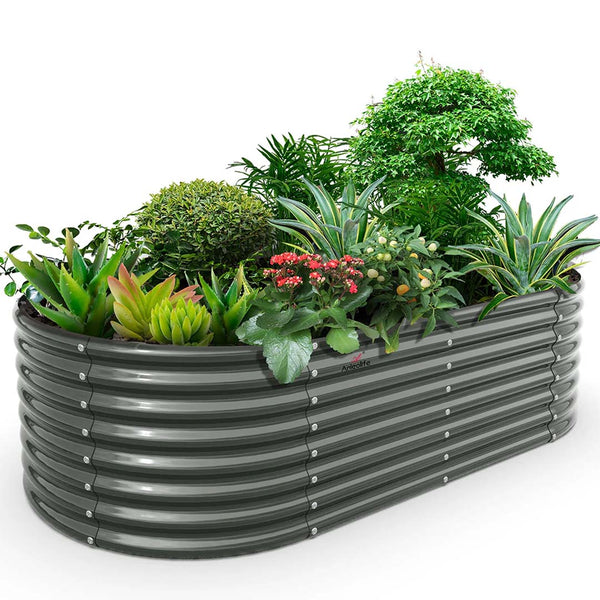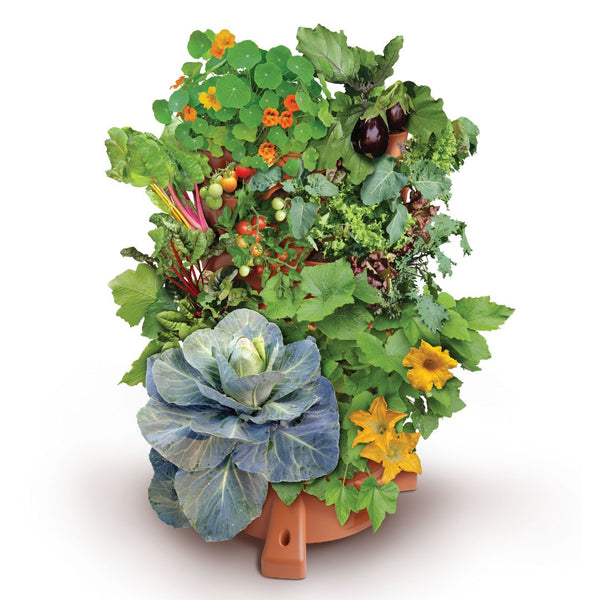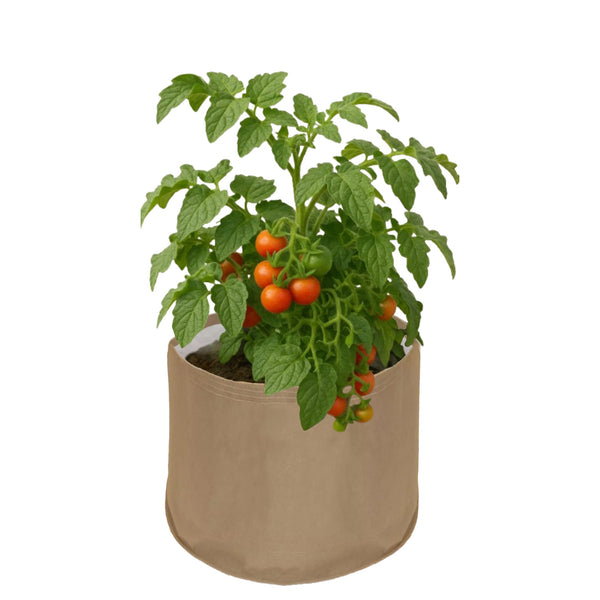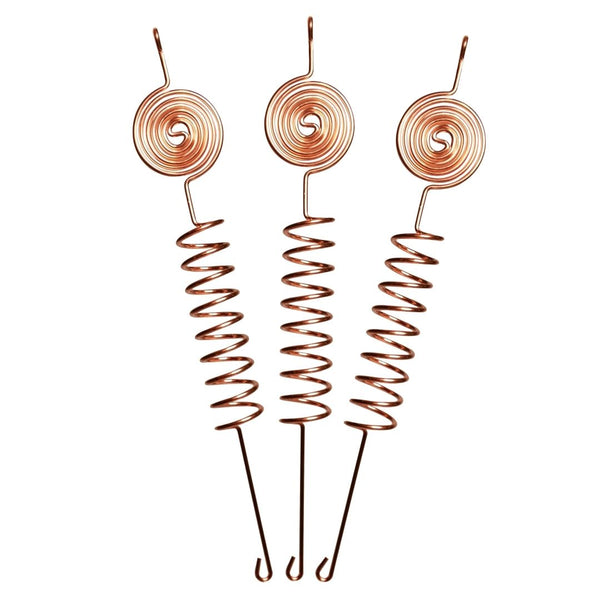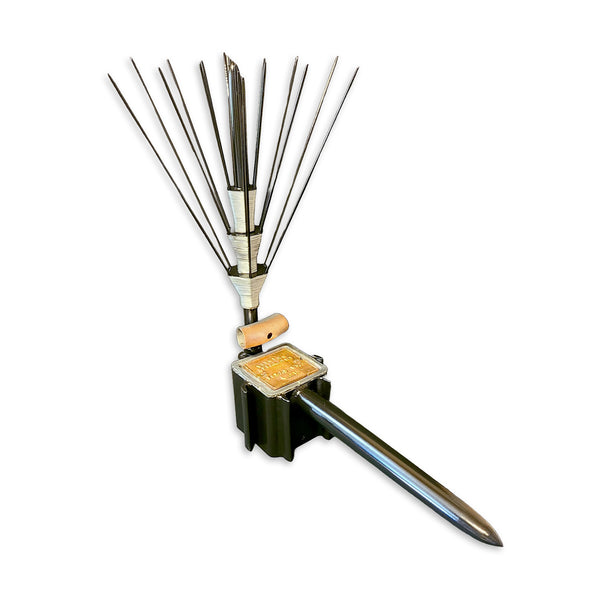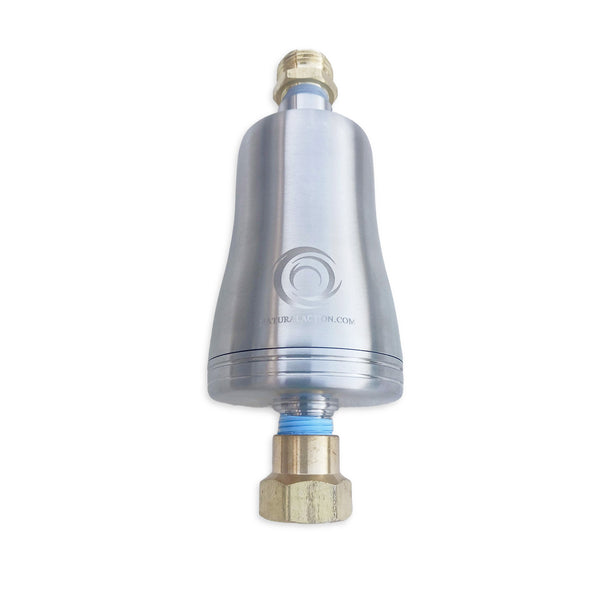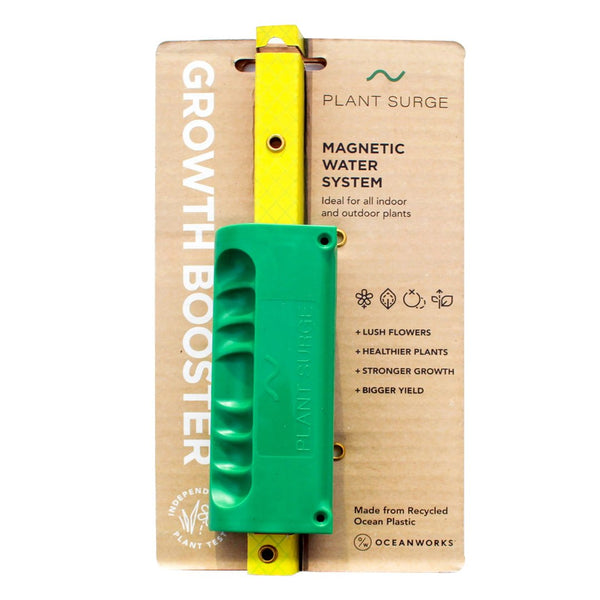Does Electroculture Actually Work? The Scientific Evidence That's Converting Skeptics

Understanding Electroculture Gardening
Electroculture gardening is like giving your plants a little electric pep talk. It's a nifty way to use electricity to help plants grow better and stay healthy. This method is catching on with folks who love gardening, whether they're living off the land or sprucing up their city balconies. Let's take a stroll through the history and basics of this electrifying technique.
History of Electroculture
Electroculture isn't just a new fad; it's been around for ages. The first known use was by a French scientist, Jean-Baptiste de la Tour, way back in 1746. He found out that zapping plants with electric currents could make them grow like champs. Over the years, this idea has evolved, grabbing the attention of farmers and eco-warriors. Nowadays, electroculture is seen as a cool way to boost crop yields and plant health without resorting to chemical fertilizers. Curious about how it works? Check out our article on does electroculture work.
Basic Principles of Electroculture
Electroculture is all about the dance between electricity and plant life. The main idea is to set up an electric field around your plants. You can do this with simple gadgets like metal antennas, copper wires, or small electric generators. These tools are cheap and easy to use, so even newbie gardeners can give it a whirl (Alchimia Grow Shop).
Plants have their own natural electric charge that helps them soak up nutrients and water from the soil. When you add an electric field, it supercharges this process, letting plants gobble up nutrients more efficiently. The result? Stronger, healthier plants that grow faster and fend off pests better (LinkedIn).
| Principle | Description |
|---|---|
| Electric Field | Sets up a zone that boosts nutrient absorption. |
| Nutrient Uptake | Enhances the plants' ability to drink up water and nutrients. |
| Plant Health | Builds tougher plants that can resist pests and diseases. |
Electroculture gardening is a neat, low-effort way to give your garden a natural boost. By digging into its history and principles, we can see the perks it offers for our gardening adventures. Want to know more about the upsides of this method? Swing by our article on benefits of electroculture.
Benefits of Electroculture Gardening
Electroculture gardening is like giving your plants a little electric pep talk. By using electricity, we can help our plants grow bigger, absorb nutrients better, and even fight off pests. Let's break down these perks.
Increased Plant Growth
One of the coolest things about electroculture is how it can make plants grow like they're on plant steroids. Studies show that zapping crops like oats and barley with electricity can boost their yield by up to 22%. Imagine running thin wires charged with 40,000 to 80,000 volts above your plants and watching them thrive (The Spruce). Even seeds get a jump start with a little shock, sprouting faster and stronger. Cabbage, for example, saw a 75% increase in yield and tasted better too!
| Crop Type | Yield Increase (%) |
|---|---|
| Oats | 22 |
| Barley | 22 |
| Cabbage | 75 |
| Peas | 18 |
Enhanced Nutrient Absorption
Electroculture isn't just about making plants grow faster; it also helps them soak up nutrients like a sponge. High tension discharge has been shown to boost yields by 10% to over 50% in various crops (Journal of Agricultural Science). This means healthier plants that can handle whatever Mother Nature throws their way.
Improved Pest Resistance
Another big win for electroculture is its ability to help plants fend off pests. When plants are healthier and full of nutrients, they're naturally tougher against bugs and diseases. This means we can cut back on chemical pesticides, which is great for our eco-friendly gardening goals. A healthier garden means more delicious veggies and less harm to the environment.
In a nutshell, electroculture gardening is a game-changer. With better growth, nutrient absorption, and pest resistance, our gardens can flourish and give us loads of tasty, healthy produce. Curious about how electroculture works? Check out our article on does electroculture actually work.
The Science Behind Electroculture
Electroculture gardening is a fascinating way to boost plant growth using electricity. Getting a grip on the science behind this can help us see why it might be a game-changer for gardeners.
Interaction of Electricity with Plants
Turns out, electricity can give plants a real boost. Some studies have shown that running electricity through thin insulated wires above crops like oats and barley can bump up their yield by about 22 percent. That's a pretty big deal! It seems like the electrical energy gives the plants a little nudge, helping them grow better and faster.
And get this—zapping seeds with electricity can make them sprout quicker. In one test with cabbage, the yield shot up by 75 percent, and the cabbage even tasted better. It's like the electricity gives the seeds a wake-up call, telling them it's time to get growing.
Effects on Plant Hormones
We're still figuring out exactly how electricity messes with plant hormones, but it looks like it might help with growth and development. The extra energy from the current is tiny compared to what plants get from the sun, but it seems to act as a little push in the right direction.
The idea of using electricity in gardening isn't new. Back in 1868, a Finnish geophysicist named Karl Lemström noticed that plants near the aurora borealis grew faster. Later, experiments in Germany showed that electrified plants like strawberries and beans grew bigger and ripened quicker.
As we dig into the science of electroculture, it's clear this could be a handy trick for gardeners facing common challenges. If you're curious to learn more, check out our articles on electroculture gardening and does electroculture work.
Practical Applications of Electroculture
Electroculture gardening is like giving your plants a little extra pep in their step. With some nifty gadgets, we can harness the energy floating around us to boost our gardens. Let's dive into some of the tricks we've tried and the wins we've had with different plants.
Common Techniques in Electroculture
Electroculture is all about mixing electricity with plant life. Here are some tricks we can use:
- Antennas: Think of these as energy catchers. They're metal wires or rods that grab energy from the air and send it into the soil. Copper or galvanized steel works best for this job.
- Ground Rods: These are like the plant's personal lightning rods, stuck in the ground to help electricity flow to the roots.
- Magnetic Coils: Wrap some copper wire around the plant stems or bases, and you've got a mini electromagnetic field. This helps plants soak up nutrients like a sponge.
These methods are not just effective; they're also easy to DIY. Whether you're a gardening guru or a newbie, you can give them a whirl. For more tips on setting up your own system, check out our guide on electroculture gardening.
Success with Different Plant Types
We've seen some plants really shine with electroculture. Here's a quick look at the champs:
| Plant Type | Success Rate |
|---|---|
| Tomatoes | High |
| Peppers | High |
| Berries | High |
| Leafy Greens | Moderate |
| Root Vegetables | Moderate |
| Pollinator-attracting Flowers | High |
Gardeners are raving about how fruit-bearing plants like tomatoes, peppers, and berries love electroculture. Leafy greens and root veggies are also doing well, and flowers that bring in pollinators are thriving (HGTV).
The secret sauce here is the natural electric charge in plants. When you add an electric field, it helps them suck up nutrients and water from the soil, boosting growth and yield (LinkedIn).
By mixing these techniques into our gardening routine, we can grow stronger, more productive gardens without relying on synthetic fertilizers and chemicals. For more on the perks of electroculture, visit our page on does electroculture actually work.








